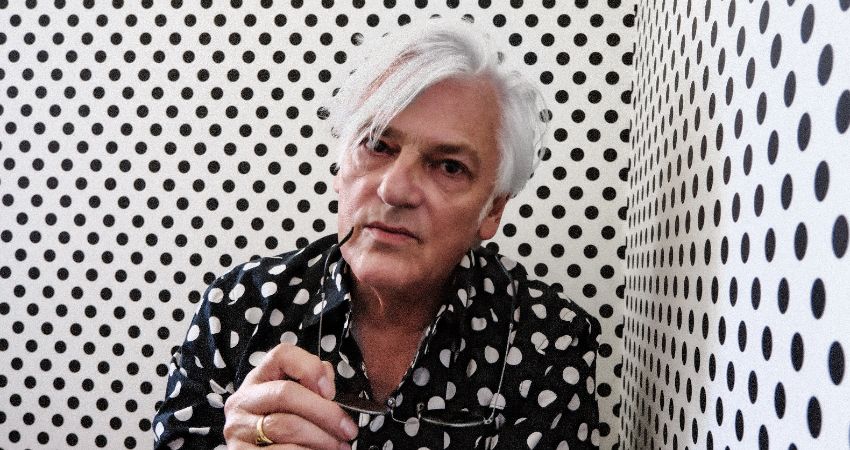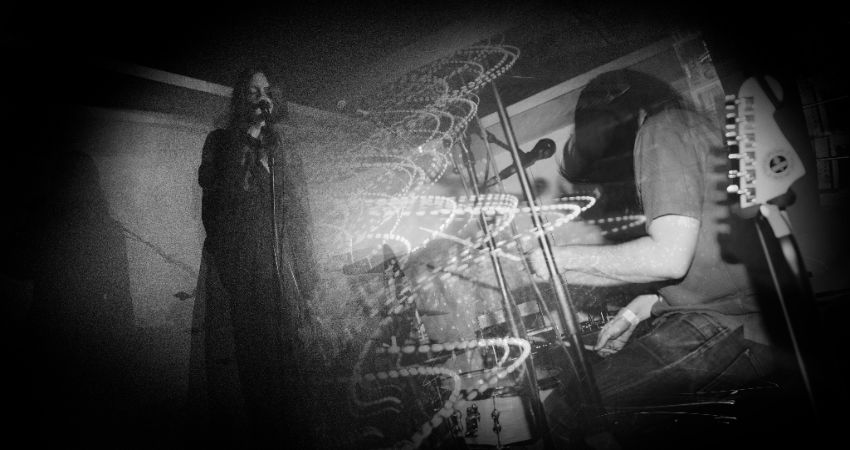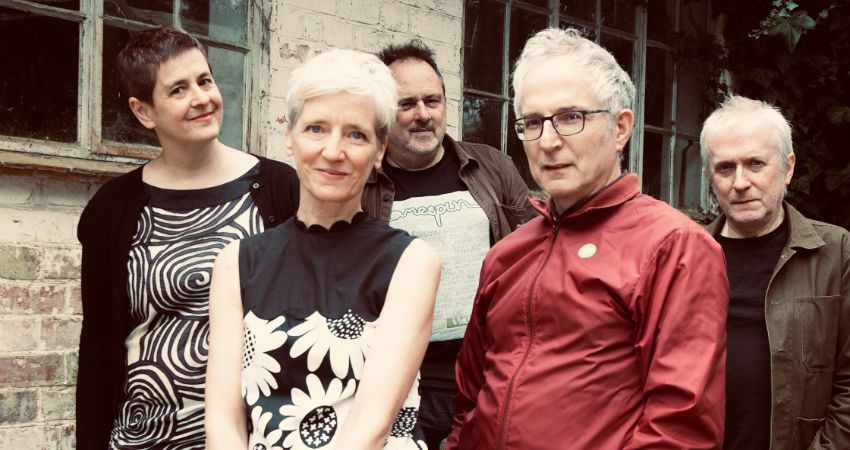Past event!
This event has already taken place.
Find all current events for this promoter here.

Meilyr Jones
Plus guests
Presented by: Hey! Manchester| 0 | MANCHESTER: Hey! Manchester @ The Deaf Institute |
|---|---|
| P | Tuesday 4th October, 2016 |
| N | 7:30pm |
Event information
‘I conceived of the record as a compilation of myself, over the period of a year,’ says Meilyr Jones. ‘As an anthology, a collection of my songs and of what happened to me in that year.’ The year in question was 2013, after the end of both his band, Race Horses, and his relationship, he made a short but transformative trip to Rome, drawn by a fascination with sculpture and Byron and Berlioz, and by a desire ‘to see something new and different’.
The songs that emerged from that time proved quite different to anything he had written before, and form one of the most beautiful and sincere albums of this year; 12 songs in which joy and rapture are tempered by wit and humour, by jubilant pop melody and rock and roll muscularity.
To spend any time with Jones is to be struck by his particularity. He is a rare figure: distinct, uncontrived, erudite. In person he has a gentleness and an unashamed intellect; on stage he reveals an exuberance and a ready showmanship.
He presents his potted biography in modest fashion: ‘I’m 28,’ he begins. ‘From Aberystwyth, by the sea. My Mum’s a nurse and my Dad’s a children’s books author. And I’ve got one brother. And I guess I was always into music — at school I joined a band that became Race Horses, and I released a few albums with Race Horses, I really enjoyed being that band. And I went to music college, studied the tuba, dropped out after three years.’
A less humble account might note that the college in question was the Royal Academy of Music, and might also mention Jones’s stint playing bass on tour for Gruff Rhys and Boom Bip’s Neon Neon, as well as his work with Stealing Sheep and for the Cousins project with Euros Childs.
The desire to visit Rome stemmed from a book about sculpture, in which he read about the ‘resurgence in interest in classical sculpture, beauty and simplicity’ in the 18th century, and was struck, in particular, by the story of Johann Joachim Winckelmann, the German art historian ‘who moved to Rome to see all the sculptures’. He was draw to pictures of the Dying Gaul, Apollo Belvedere and Aphrodite, and noted that ‘all the sculptures I kept looking at were in Rome’.
Around the same time he began to read Byron’s Don Juan, and found it ‘a complete revelation, because to me it was like early hip hop, in that it was really fun and irreverent but so heroic, and gentle and crude. I felt I was seeing a really broad picture of someone’s imagination. I got really taken over by the feeling of adventure and gentleness and passion in Byron, and some of Shelley’s poetry and Keats as well. And they were all people who went to Rome.’
Soon afterwards he read the biography of Hector Berlioz, and was struck by the intensity of the French composer’s passion. ‘He’s always talking about how he didn’t eat for two weeks because of hearing a piece of music,’ Jones explains. ‘Or of being so overwhelmed by love that he couldn’t talk to the person he loved for a year. Proper feelings, that people from now with a cynicism would laugh at. But I thought at least he’s got ideas about love. You know?’ Berlioz of course had moved from Paris to Rome. ‘So all of this,’ Jones says, ‘kind of led me to Rome.’
Venue information
MANCHESTER: Hey! Manchester @ The Deaf Institute| 0 | 135 Grosvenor St Manchester M1 7HE |
|---|---|
| > | www.pineapplefolk.com |













